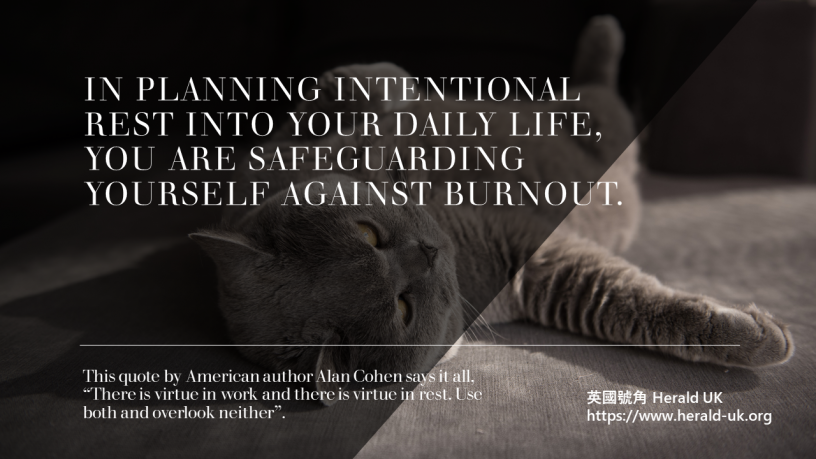Wynne C
In this competitive world which is full of hustle and bustle, the person who consistently strives for higher and charges forward is highly regarded and glorified. It is highly respectable to have a spirit of excellence and self-improvement. In fact, that is how great inventions and achievements are made possible in human history.
Imagine if the Wright brothers had not persevered for the six years spent developing the first airplane? We would not have the convenience of air travel today. A more contemporary example is the British professional tennis player, Emma Raducanu who recently won the female singles title at the Wimbledon Championships 2021. She started playing tennis from the young age of five and worked her way up to one of the most prestigious titles in the tennis world. Without all those years of persistence, her massive achievement would not have been possible.
When we hear about accomplishments by all these amazing individuals, we sometimes unknowingly start to compare ourselves to them. We wonder if there is more that could be done to better ourselves. What I wish to talk about today is not about how to be successful. I am certainly underqualified and there is an abundance of TED Talks and motivational speeches by highly successful people who would do a much better job than I could. Having recently been through a week of enforced rest from work and socialising due to a viral illness, I was allowed the chance to reflect on how I manage my time. I was surprised to learn that in my very busy career as a doctor, I had neglected to prioritise any time for rest and recovery.
When we exercise, oxygen is used by our bodies to provide energy. During vigorous exercise, we may not have enough oxygen for the energy needed. As a result, a substance called lactic acid builds up to help with this oxygen shortfall in order for us to continue exercising. A persistently high level of lactic acid can lead to nausea, vomiting, cramps, fatigue and weakness. In order to get rid of the lactic acid build-up, we are encouraged to breathe, rest and drink adequate amounts of fluid after a vigorous workout. This is a very clear biological example of why rest is needed.
Intentional rest is so important for us living in modern society. It is not only good for our physical health, it also has a whole host of mental health benefits. It helps with boosting our concentration and memory, and in turn productivity in the long run.
Burnout is a state of emotional, physical and mental exhaustion caused by long-term, unresolved stress. In planning intentional rest into your daily life, you are safeguarding yourself against burnout. You are choosing to work consistently at an acceptably productive measure instead of exhausting yourself in every way without a care for your own wellbeing. The problem with the “full-speed ahead” approach without any planned breaks is that you risk burning out and ending up with zero results to show for your effort.
To many of us, there is something unnatural and even unacceptable about resting. Do you ever feel guilty for taking a break? An example would be a weekend where you have no structured plans. If a friend asks you to spend time together and you do not feel up to it, you might feel guilty to turn him or her down by saying, “Sorry, I am resting that day.” It would not feel as acceptable or comfortable as, let’s say, “Sorry, I have to revise for an exam.” By this logic, exam revision seems to be a more legitimate reason than resting. However, we have learnt that intentional rest is just as important as productive work in achieving our long-term goals.
This quote by American author Alan Cohen says it all, “There is virtue in work and there is virtue in rest. Use both and overlook neither”. As we enter the final days of 2021, may we be gentle with ourselves, truly discover the importance of intentional rest and give it the priority it deserves!











